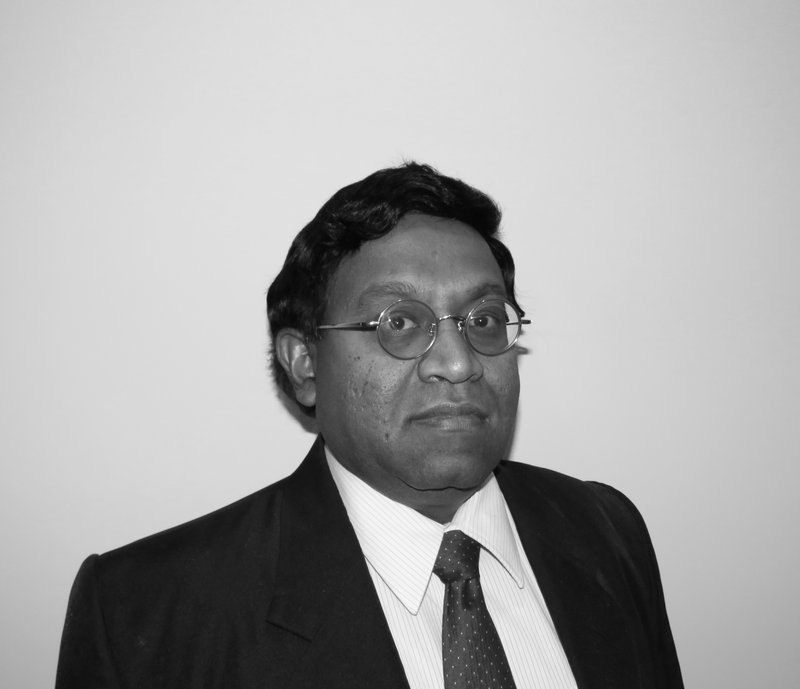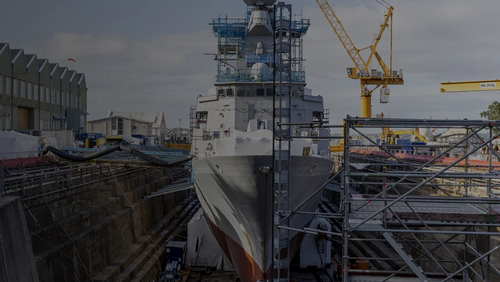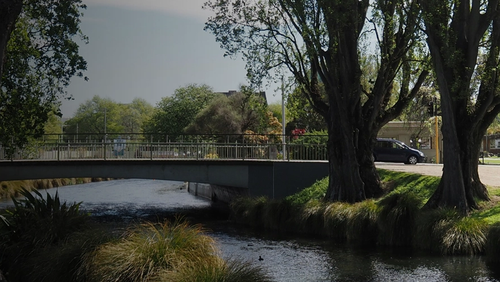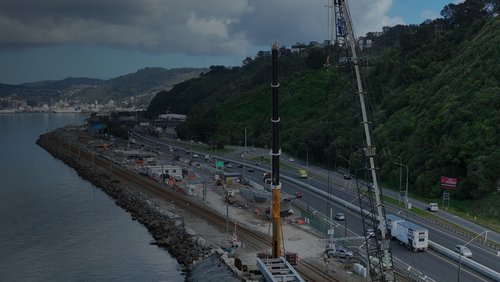1 Apr 2020
We catch up with Dr Gregory De Costa, Principal Academic at the Open Polytechnic. Gregory is a Fellow of Engineering New Zealand.
What first got you interested in engineering?
I liked working and solving mathematical problems. There are a set of rules. One follows the rules, works with them, and comes up with solutions. The solution is either right or wrong and generally quite precise, which I enjoyed. If you get it right, that’s it, there is no one to tell you that the solution could be improved. This gradually lead me to the study of engineering.
What is the most rewarding thing about being an engineering academic?
Seeing students grow in knowledge, being gradually able to start designing things, start doing things, and then using the knowledge and practising as engineers. When I see students working say, in water treatment plants, or in roading, ensuring the right product is being delivered and serving communities is very satisfying.
What are the challenges of teaching students engineering via distance learning?
Time management is a challenge in distance education. As most students are working they must ensure they have allocated study time and send in their assignments on the due date etc. We at the Open Polytechnic help students with this by preparing schedules detailing where they should be at end of each week and so on.
Another issue particularly related to engineering education is the lack of physical interaction of the cohort that supports collective problem solving and also facilitates motivation. Here again, we at the Open Polytechnic provide online discussion forums, where the cohort could virtually meet and problem solve. Some areas of engineering require hands on work and for this we conduct concentrated practise courses where the cohort physically meet for a week or two per year and this is at USQ in Australia.
Why do you think business skills are just as important as technical skills for today’s engineers?
Without any doubt technical skills are the most important thing for engineers. However, todays engineers need to develop solutions in consultation with the communities and stakeholders, and then ensure communities and stakeholders are happy with the solutions. In addition, resources being scarce and competitive requires engineers to argue their case well. All these aspects require engineers to possess very good business skills.

Dr Gregory De Costa
As an academic, how do you keep up to date with the latest developments in engineering?
As an academic preparing students to serve in the near future, it is extremely important to be up to date with latest developments in engineering. Hence liaising with industry, inviting industry to review material constantly helps keep things up to date. Further I am much involved in cutting edge research, presenting papers and participating in local and international conferences helps keep a breast with new developments.
How do you collaborate with other academics in New Zealand and around the world?
We attend common local and international conferences. I have joint research programs going on. Collaborators are from different local and international institutes We review each other’s research papers. For Masters and PhD programs generally external examiners are required. I am an external examiner for many institutes.
How do you engage with Engineering New Zealand?
I am a practice area assessor for Engineering New Zealand competence assessments, which I find highly rewarding. In my view all engineers should closely relate to Engineering New Zealand. It is our parent body, our engineering family meeting house. I am a member, became a chartered Engineer, and now Fellow. Engineering New Zealand regularly sends their bulletin, which gives CPD program and other news items.
What is your engineering envy in Wellington?
Te Papa – the base isolation system for earthquake strengthening.
What do you do in your spare time?
Listen to music, garden, watch cricket, play chess, table tennis and indoor board games.







